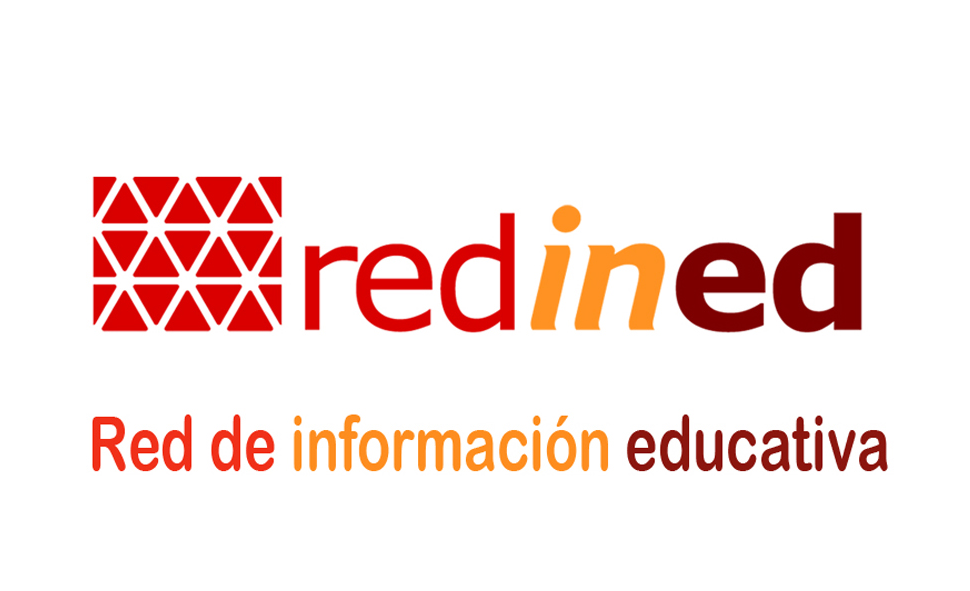Dialogical relations between public educational policies and technological-pedagogical fluency in teacher training
Texto completo:
http://www.um.es/ead/red/54/mall ...Ver/
Nivel Educativo:
Tipo Documental:
Artículo de revistaEstadísticas:
Ver Estadísticas de usoMetadatos:
Mostrar el registro completo del ítemFecha:
2017Publicado en:
RED. Revista de educación a distancia. 2017, n. 54 ; 16 p.Resumen:
It is analyzed how educational public policies and Pedagogical Projects of Courses (PPC) on teacher training in Brazil trace parameters for the integration of networked technologies in the curriculum, in order to improve technological and pedagogical fluency in the training process. It is justified by the fact that media education is seen as essential, and it ensures both teachers trainers and teachers in training the development of skills and competences for citizenship, as subjects who transform their reality in network. It is based on the dialogical-problematizing Freire education as a matrix for critical analysis of the propositions in public policies as well as feasible and possible educational practices. The methodological procedures of research-action comprised participant observation and discursive textual analysis. The indicators were generated from the mapping of current educational public policies for teacher training at national and institutional levels and it indicates progress and limit situations for effective media education in higher education. The main scientific results and technological and educational innovations are a diagnosis on the applicability and the impact of public policies in teacher training programs that support and encourage the integration of networked technology in the curriculum of higher education in UFSM.
It is analyzed how educational public policies and Pedagogical Projects of Courses (PPC) on teacher training in Brazil trace parameters for the integration of networked technologies in the curriculum, in order to improve technological and pedagogical fluency in the training process. It is justified by the fact that media education is seen as essential, and it ensures both teachers trainers and teachers in training the development of skills and competences for citizenship, as subjects who transform their reality in network. It is based on the dialogical-problematizing Freire education as a matrix for critical analysis of the propositions in public policies as well as feasible and possible educational practices. The methodological procedures of research-action comprised participant observation and discursive textual analysis. The indicators were generated from the mapping of current educational public policies for teacher training at national and institutional levels and it indicates progress and limit situations for effective media education in higher education. The main scientific results and technological and educational innovations are a diagnosis on the applicability and the impact of public policies in teacher training programs that support and encourage the integration of networked technology in the curriculum of higher education in UFSM.
Leer menos




